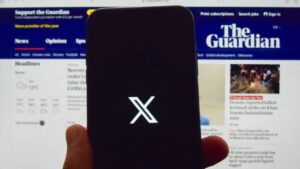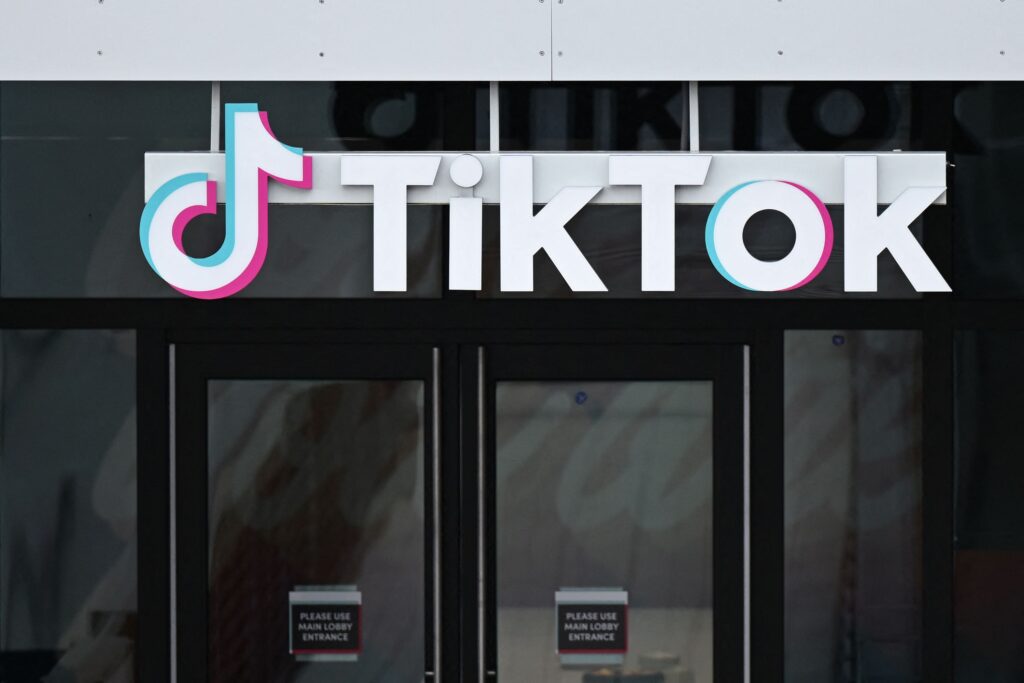Indonesia has imposed a ban on e-commerce transactions conducted through social media platforms with immediate effect, according to an announcement by the country’s trade minister. This move is seen as a setback for TikTok, the short video app, which has been aggressively expanding its e-commerce business in Southeast Asia’s largest economy.
The Indonesian government cited the need to safeguard offline merchants and marketplaces as the primary reason for this decision. It was argued that the predatory pricing practices observed on social media platforms posed a threat to the survival of small and medium-sized enterprises (SMEs).
This development comes merely three months after TikTok’s commitment to invest billions of dollars in Southeast Asia, primarily in Indonesia. TikTok had embarked on this investment to accelerate the growth of its e-commerce platform, TikTok Shop.
TikTok, owned by China’s ByteDance, boasts 125 million active monthly users in Indonesia, making it a significant player in the country’s digital landscape. The platform aimed to harness its substantial user base to generate substantial revenue through e-commerce activities.
In response to the ban, a TikTok Indonesia spokesperson expressed concern and affirmed the company’s intention to seek a constructive resolution. The spokesperson particularly highlighted the potential impact of the ban on the livelihoods of the approximately 6 million local sellers active on TikTok Shop.
Indonesia’s Trade Minister, Zulkifli Hasan, explained the regulation’s objectives, emphasizing the importance of ensuring “fair and just” business competition and user data protection. He also cautioned against allowing social media platforms to simultaneously function as e-commerce platforms, shops, and banks.
The new regulation additionally mandates that e-commerce platforms in Indonesia set a minimum price of $100 for specific items directly purchased from abroad. It also stipulates that all products offered must meet local standards. TikTok has been given one week to comply with these regulations, with the potential consequence of closure if they fail to do so.
Deputy Trade Minister Jerry Sambuaga previously cited TikTok’s live-streaming features as an example of people selling goods on social media.
Research firm BMI suggested that TikTok would be the primary business affected by the transaction ban and that the move was unlikely to hinder the growth of the digital marketplace industry in Indonesia.
Indonesia’s e-commerce market is currently dominated by homegrown tech firm GoTo’s Tokopedia, Sea’s Shopee, and Chinese e-commerce giant Alibaba’s Lazada. Last year, e-commerce transactions in Indonesia totaled nearly $52 billion, with TikTok accounting for approximately 5% of these transactions, as per data from consultancy Momentum Works.
Indonesia represents one of the few markets where TikTok has introduced TikTok Shop, seeking to capitalize on its extensive user base in the country. With 125 million active monthly users, Indonesia’s user figures nearly match those of Europe, lagging only slightly behind the United States, where TikTok boasts over 150 million users. TikTok recently launched an online shopping service in the United States.
Reactions from retailers have been mixed. Some, like Fahmi Ridho, a vendor selling clothes on TikTok, believe that the platform offers an avenue for businesses to recover from the challenges posed by the COVID-19 pandemic. Others, like Edri, a clothing vendor in Jakarta’s major wholesale market, support the regulation and call for limits on items sold online.



